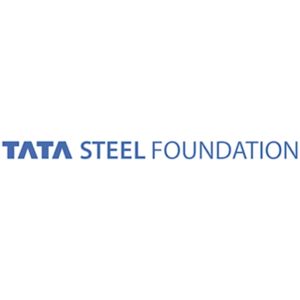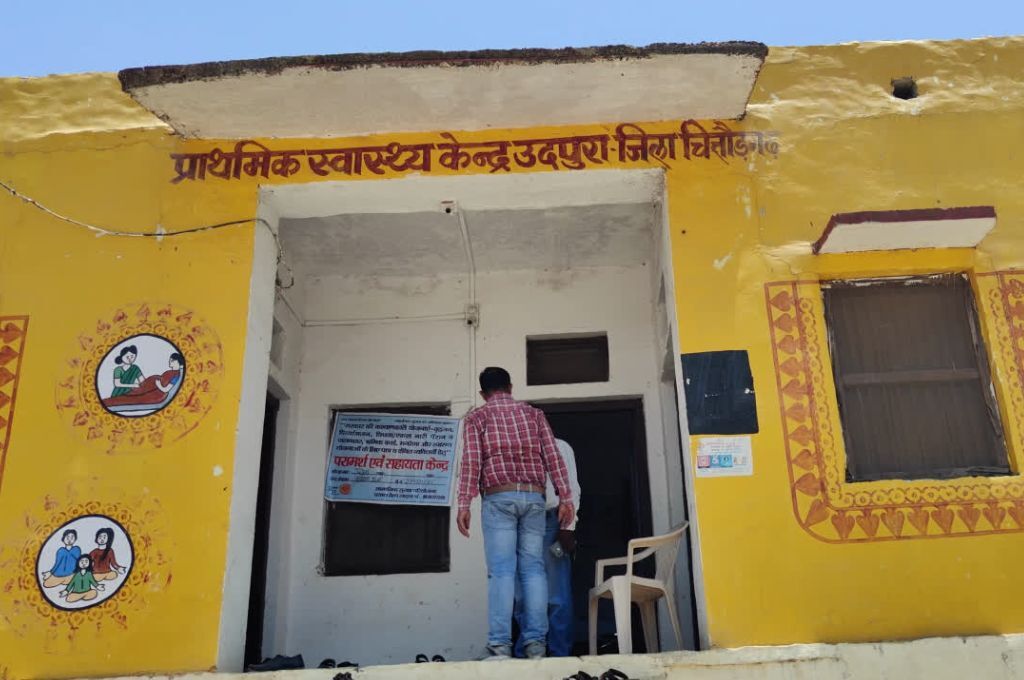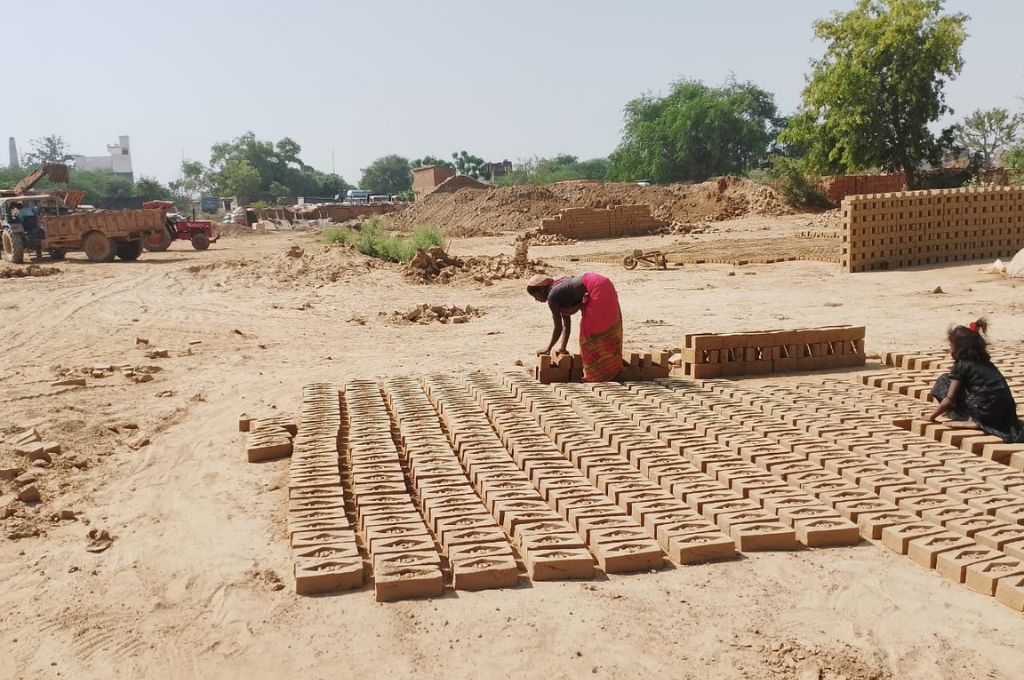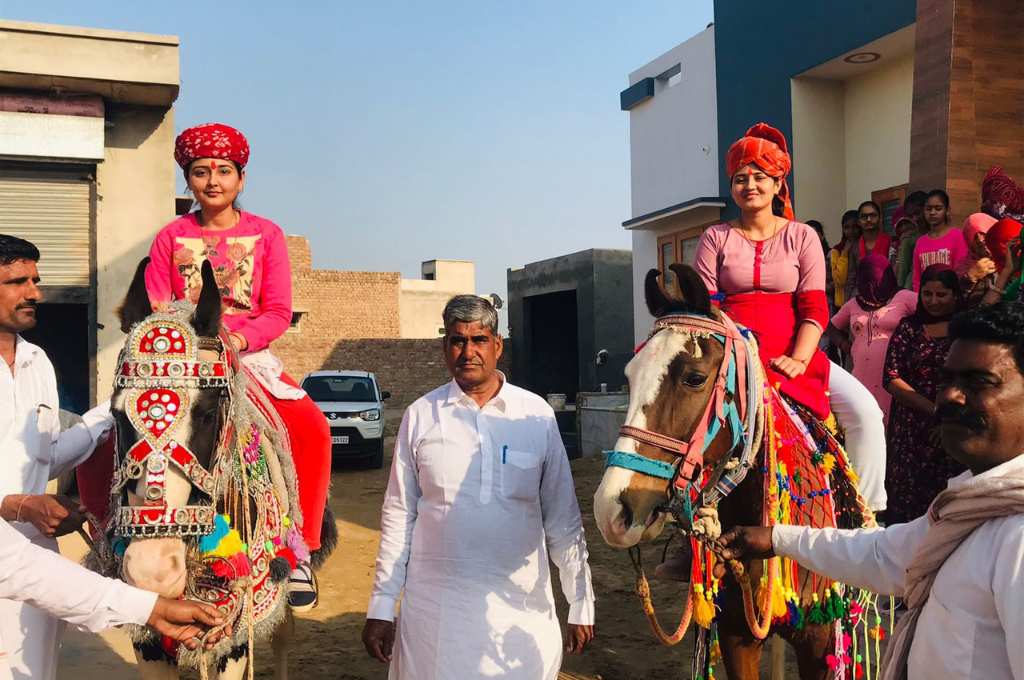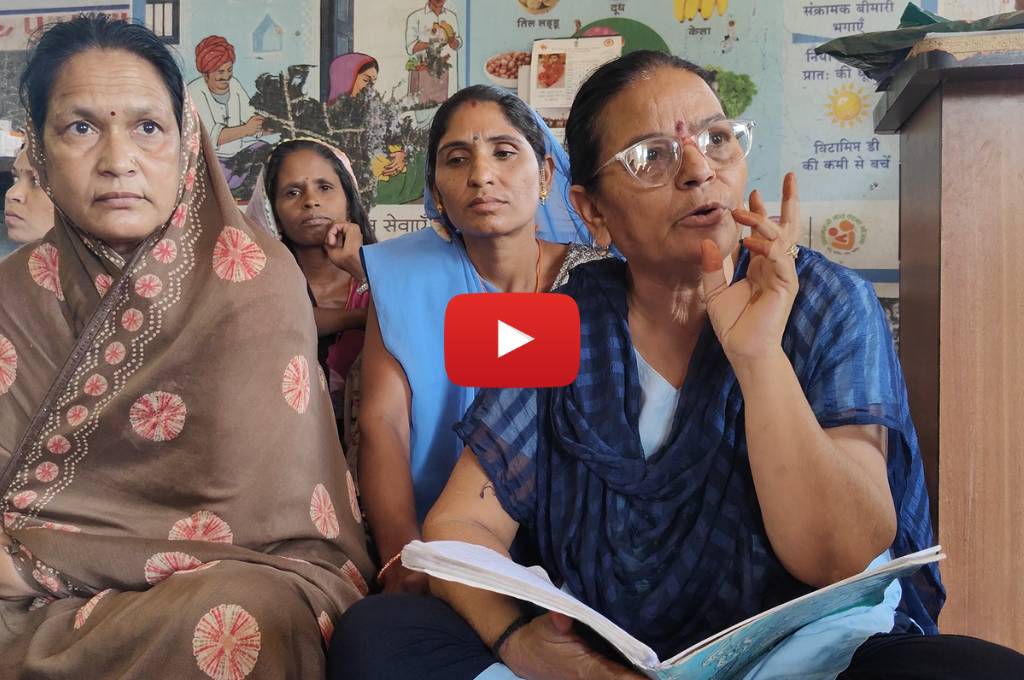Adivasi farmers reap dividends of cashew FPO
For years the middleman was whisking away profits from us—the small and marginal cashew-nut farmers of the Koya tribe in Buttayaguden, Andhra Pradesh. In 2020, I set up a company with these farmers as shareholders. The Adivasi Cashewnut Farmers Producer Company (ACFPC) Limited now has 714 Koya shareholders across 25 villages, and seven of them are on the board of directors. As the CEO, I ensure that the farmers not only get a good price at procurement, but also reap dividends and bonuses annually.
I set up a company instead of a cooperative because the former is not restricted by geography. Community members from anywhere in the country can buy shares, and the company can keep growing. The asset holders benefit from expansion and growth as their share value goes up. Again, in a cooperative, profits are returned to members based on what they bought from or sold to the cooperative. In a company, members get a share of the profits based on the size of their investment. The farmers can also freely transfer their shares to family members.
Still, it wasn’t easy to persuade the farmers. I had to mobilise them to join the organisation. Another member of my community, Madakam Chalapathi Rao (now our chairman), had experience in running a business. He helped me, and we went from village to village spreading awareness about market rates, government schemes, input subsidies, and the advantages of setting up our own company.
It helped that I have an MBA and was employed with a multinational for a few years. Some board members worry that I may leave the company and get a job. But I would rather work to advance the cause of my community. It was always my aim to return to my village—Gollagudem in Eluru district—and help the Koyas. My parents faced many financial challenges with their two acres of land when I was a child. It is fulfilling to see so many people from my region overcome their economic hardships.
When the company procures cashew, we give the farmers more than the market price. They have a secure market for their produce. When we sell, we approach the client directly and offer them a lower price to counter the middleman. In the first year itself, we marketed 18 tonnes of raw cashew. Last year we marketed 51 tonnes, and our profit was INR 67,885.78. We paid a dividend of INR 1,50,000, distributed among the 540 shareholders at the time.
Recently, we set up a cashew processing unit with the help of NABARD. At this unit, we employ 60 Adivasis, 40 of whom are women. I received the YSR Achievement Award from the state government in November 2022. But it is not yet time to rest. This company has to grow, and we want to set up the next one.
Sodem Mukkayya is the CEO of the Adivasi Cashewnut Farmers Producer Company Limited.
—
Know more: Read about why Demat accounts are a crucial step towards formalising India’s artisan economy.
Do more: Connect with Sodem Mukkayya at [email protected] to learn more about and support his work.
